Skin & Wound Care from Joan Junkin
$219.00 $65.00
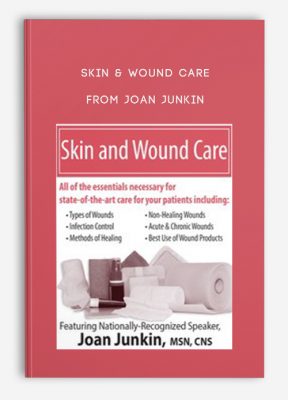
Skin & Wound Care from Joan Junkin
Faculty:Joan Junkin
Duration:Full Day | Format:Audio and Video
Archive : Skin & Wound Care from Joan Junkin
Get Skin & Wound Care from Joan Junkin on Salaedu.com
Description:
All of the essentials necessary for state-of-the-art care for your patients including:
- Types of Wounds
- Infection Control
- Methods of Healing
- Non-Healing Wounds
- Acute & Chronic Wounds
- Best Use of Wound Products
As budgets shrink and those with a wound present more challenging comorbidities, we can sharpen our practices in order to prevent or heal wounds more effectively. Join us as we explore the tools needed to navigate that minefield. Busy clinicians often don’t have time to view the latest guidelines and science, so this information will be presented in a way that makes it easy to incorporate into your practice. Joan Junkin is passionate about skin health and wound healing, but also recognizes that caregivers need endorphins as much as patients do. Therefore, you can expect occasional doses of humor to sweeten the day, along with the best interventions, devices and modalities available.
We’ll focus on methods proven to prevent or speed healing for the especially challenging diabetic foot ulcers, pressure ulcers, those related to lower extremity edema and vascular ulcers. Joan provides a fresh perspective to help with the ever difficult patient education and motivation. A big emphasis will be placed on infection control methods. This seminar is your one-stop shop for essentials to improve your wound prevention and treatment knowledge and skills.
If we want a better outcome for wound healing, we must change our practice! Join us as we learn to base our practice on the evidence that is available.
OUTLINE
Keeping skin in balance: adding that ‘ounce of prevention’
- Moisture, oil, bacteria, and acid balance – review of epidermal and dermal differences
- Skin – first line of defense; how our skin manages to protect us and how we can help it succeed
Preventing traumatic skin injury
- Skin tears, abrasions, tape burns
- Simple methods of reducing friction between skin and other surfaces
Incontinence associated dermatitis
- Prevention and treatment – evidence-informed international guidelines
- Frequent incontinence needs high intensity prevention
- Acidic skin cleanser and protectant necessary
- Incontinence cloths can reduce friction, have acidic cleansers and built-in protectants
- Under pads/protective garments
Accurately assessing the buttocks – pressure ulcers vs other common buttock ulcers
- Location, shape, color, depth
- Case studies using a systematic assessment method
Fecal incontinence
- Steps to improve stool consistency
- Collection devices pros and cons
Fungal rashes
- Options of what to use and when to treat fungus
- Natural ways to control and prevent re-infection
Wound healing essentials
- Phases of healing a full-thickness ulcer
- Wound assessment techniques
- Team approach to wound healing, including the patient/family
- Making use of nutrition and endorphins to speed healing
Wound bed preparation to assure best possible healing
- Best cleansing – takes more than saline
- Aggressive antiseptic cleansers
- Biofilm – invisible shield for bacteria
- Gentle and effective antiseptic wound cleansers
Debridement of non-viable tissues – an important part of infection control
- Compare methods – each has pros and cons
- Discuss new soft pad for mechanical debridement (breaks biofilm too)
Dressings help with moisture and bacterial balance in wounds
- Many antiseptic dressings available – new category is germ traps
- Super-absorbent options – not just foam and alginate any more
- How to choose a dressing based on wound characteristics
- How to decrease costs using products included on your buying contract
Modalities – physical science can be used to speed healing
Surgical wounds
- Keeping incisions clean and dry to decrease dehiscence and infection
- Negative pressure wound therapy bedside and single patient use models
Pressure Ulcers – 2014 international guidelines
- Identify risks – how to intervene
- Tools to use and prevention options
- Pressure mapping and therapists who specialize in fitting for optimal cushion
- Foam mattresses, air mattresses, chair cushions, foot protection boots – what options may be best for your facility’s situation/budget
Diabetic foot ulcers
- Depression, vitamin D deficiency, neuropathy – how limbs and lives are lost
- Off-loading methods
- Utilizing written contracts
Advanced therapies – skin grafts, hyperbarics, autologous platelet concentrate
Arterial ulcers
- Comparison of diagnostic methods
- Re-vascularize if possible
- Keep dry if not able to restore the flow
Edema related ulcers
- Compression and elevation – tips to help them succeed
- Infection control methods to prevent frequent stasis dermatitis and infections
- Managing fibrin slough without causing trauma to legs
Lipedema and lymphedema
- Assessment tips
- Lymphedema therapy
Take home toolkit – helpful resources and how you can implement what you learned today at work tomorrow!
OBJECTIVES
- Demonstrate and discuss strategies to minimize damage to high risk skin.
- Differentiate between skin care products and optimal use of options available.
- Identify and distinguish factors likely to stall wound healing.
- Analyze leg and foot wound characteristics of: neuropathic, arterial, and venous wounds.
- Identify characteristics of 6 categories of wound dressings.
- Compare and contrast 5 types of wound debridement.
- Outline goals for wound care in hospice and palliative care settings.
- Explain evidence-based pressure ulcer prevention practices and tools.
1 review for Skin & Wound Care from Joan Junkin
Add a review Cancel reply
Related products
HEALTH - FITNESS - LIFESTYLE - MEDICAL
HEALTH - FITNESS - LIFESTYLE - MEDICAL
HEALTH - FITNESS - LIFESTYLE - MEDICAL
Somatic Interventions for Treating Complex Trauma with Janina Fisher, Ph.D. from Janina Fisher
HEALTH - FITNESS - LIFESTYLE - MEDICAL
HEALTH - FITNESS - LIFESTYLE - MEDICAL
HEALTH - FITNESS - LIFESTYLE - MEDICAL
HEALTH - FITNESS - LIFESTYLE - MEDICAL
Complete Certified Professional Coach Online Course from Berry Fowler

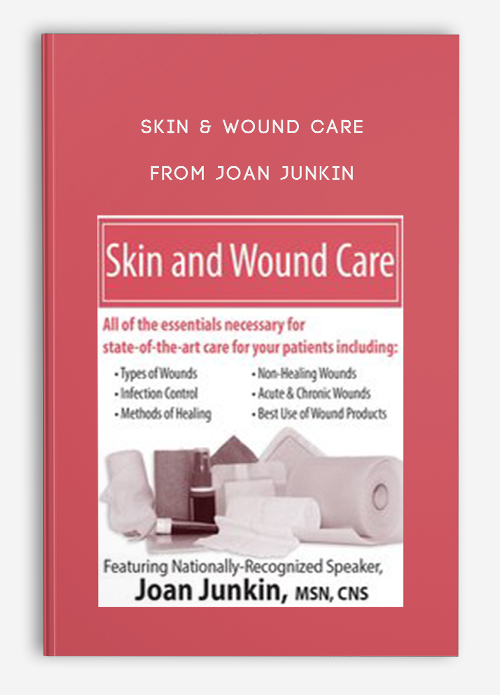

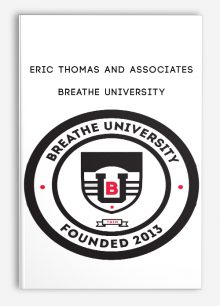
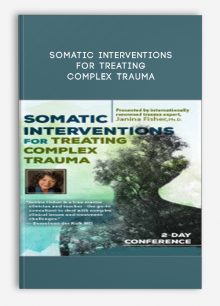
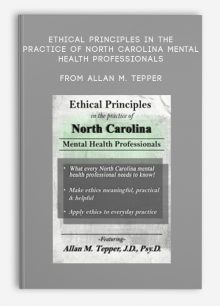

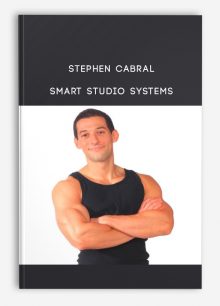


king –
“great course”